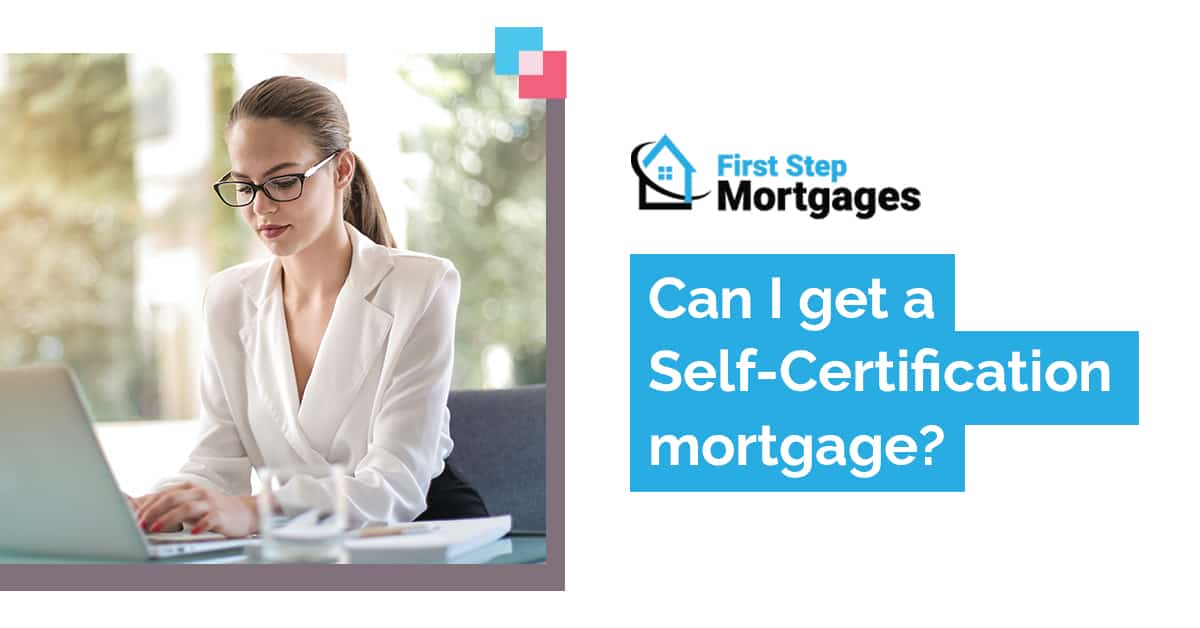Self Employed Mortgage One Year Accounts
-
Expert Mortgage Advisers
-
Exclusive Products Available
-
Access to Competitive Rates
Get In Touch Today To Discuss The Most Suitable Mortgage Option For You.
Get In Touch Today To Discuss The Most Suitable Mortgage Option For You.
Get a quick response within 24 hours

The vast majority of Mortgage Lenders will be looking for Self-Employed mortgage applicants to have three year’s worth of accounts available. That being said, some of the more niche, independent Mortgage Lenders will consider Self-Employed applicants with as little as twelve months trading history available.
High street lenders are unlikely to be able to help you, so In order to find the types of specialist lenders who will consider applicants with a shorter trading history, speak to our advisers who will be happy to help. You should be aware, however, that due to the reduced availability of this type of mortgage, rates are likely to be less competitive.
Ordinarily Mortgage Lenders will be looking for the two to three latest years of accounts in order to determine an average income for you. In the absence of this, you may well need to offer additional business plans, such as income projections, in support of your application.
The type of Self-Employed business that you participate in will also determine how you prove your income, as per the below:
Certified accounts for the duration of your business operations and your SA302 end of year tax form for the first twelve months to prove your salary and dividends. In some cases, it may be possible to find a lender who will also take your net profits into consideration.
Your SA302 form and finalised accounts for the past year will be required. If you usually do your own accounting, you must have them certified by a qualified accountant for the purposes of your application.
You must own at least 25% of the business in order to be considered as a Self-Employed business partner for your mortgage application. Your share of the net profits from the business will be used to determine your loan. Your SA302 form from the relevant year can be used as proof.
Your mortgage borrowing will be based on affordability and creditworthiness, regardless of whether you are employed or Self-Employed. Four and half times your annual income is typical, but those with very high incomes may be able to borrow slightly more. Those with lower credit scores may be offered a lower multiple of their salary.
As a Self-Employed applicant, especially one with minimal trading history available, the more deposit you are able to offer, the better your chance of securing a mortgage. It can also give you access to better interest rates if you offer more than the minimum required deposit.
A typical residential mortgage applicant should be prepared to provide a 10% deposit as a minimum. Although 95% mortgages were widely re-introduced in the UK in April 2021, they are unlikely to be available to Self-Employed applicants with only one year’s accounts available.
Government home ownership schemes are available to both employed and Self-Employed borrowers. It may prove challenging to find lenders offering the Help to Buy scheme to Self-Employed applicants who have only been trading for a year, but again, this should be possible with some specialist lenders.
The Help to Buy scheme will reduce the risk of lending to borrowers in your circumstances, given that the 20% equity loan can be used to top up your deposit and therefore lower the Loan to Value ratio of your borrowing. This means that it may be possible for you to obtain a mortgage with 5% deposit if you opt for this type of mortgage scheme.
Here at First Step, our Mortgage Brokers specialise in Self-Employed mortgage advice. We have access to those Mortgage Lenders who are willing to consider Self-Employed applicants with a shorter trading history and can help ensure that you find the most competitive deal available to you.
We understand that mortgage applications can often be more complex for Self-Employed applicants, with additional proof of income and business documentation required to support them. We are familiar with the varying requirements of each specialist lender and can help to lighten your administrative burden by ensuring you’re prepared with the correct documentation before you apply.
Your home may be repossessed if you do not keep up repayments on a mortgage
Monday – Friday 9:00 AM – 8:00 PM & Saturday – Sunday 10:00 AM – 6:00 PM